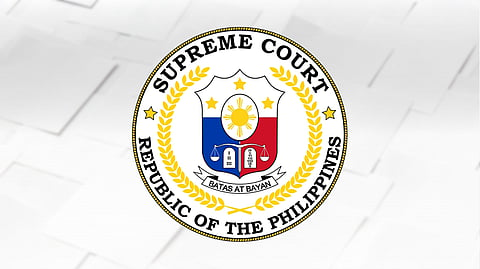
- NEWS
- the EDIT
- COMMENTARY
- BUSINESS
- LIFE
- SHOW
- ACTION
- GLOBAL GOALS
- SNAPS
- DYARYO TIRADA
- MORE

The Supreme Court (SC) has ruled that open spaces and road lots in a subdivision do not automatically become government property without a written deed of donation.
In a decision dated 2 April, the court’s Second Division affirmed that the Quezon City government had failed to prove ownership of common areas in Capital Park Homes Subdivision (CPHS).
The ruling was a response to a petition filed by Rainier Madrid, a taxpayer and resident of a neighboring subdivision, who questioned the use of public funds to improve CPHS properties. Madrid argued that the developer, VV Soliven, had never executed a deed of donation, making the areas private property.
In the court’s decision, penned by Associate Justice Jhosep Lopez, stressed that while a 1964 ordinance required subdivision developers to allocate a portion of land for public use, compliance with the ordinance does not replace the legal requirement of a written donation.
The Capital Park Homeowners Association admitted that no deed of donation existed but pointed to a board resolution acknowledging a supposed turnover. While a lower court initially dismissed Madrid’s petition, the Court of Appeals reversed the ruling, finding merit in his challenge.
The Supreme Court upheld the appellate court’s decision, reiterating that a valid transfer of property to a local government must be documented with a deed of donation and proof of acceptance.
Without these documents, ownership remains with the subdivision developer and the court said local ordinances alone cannot establish government ownership.
